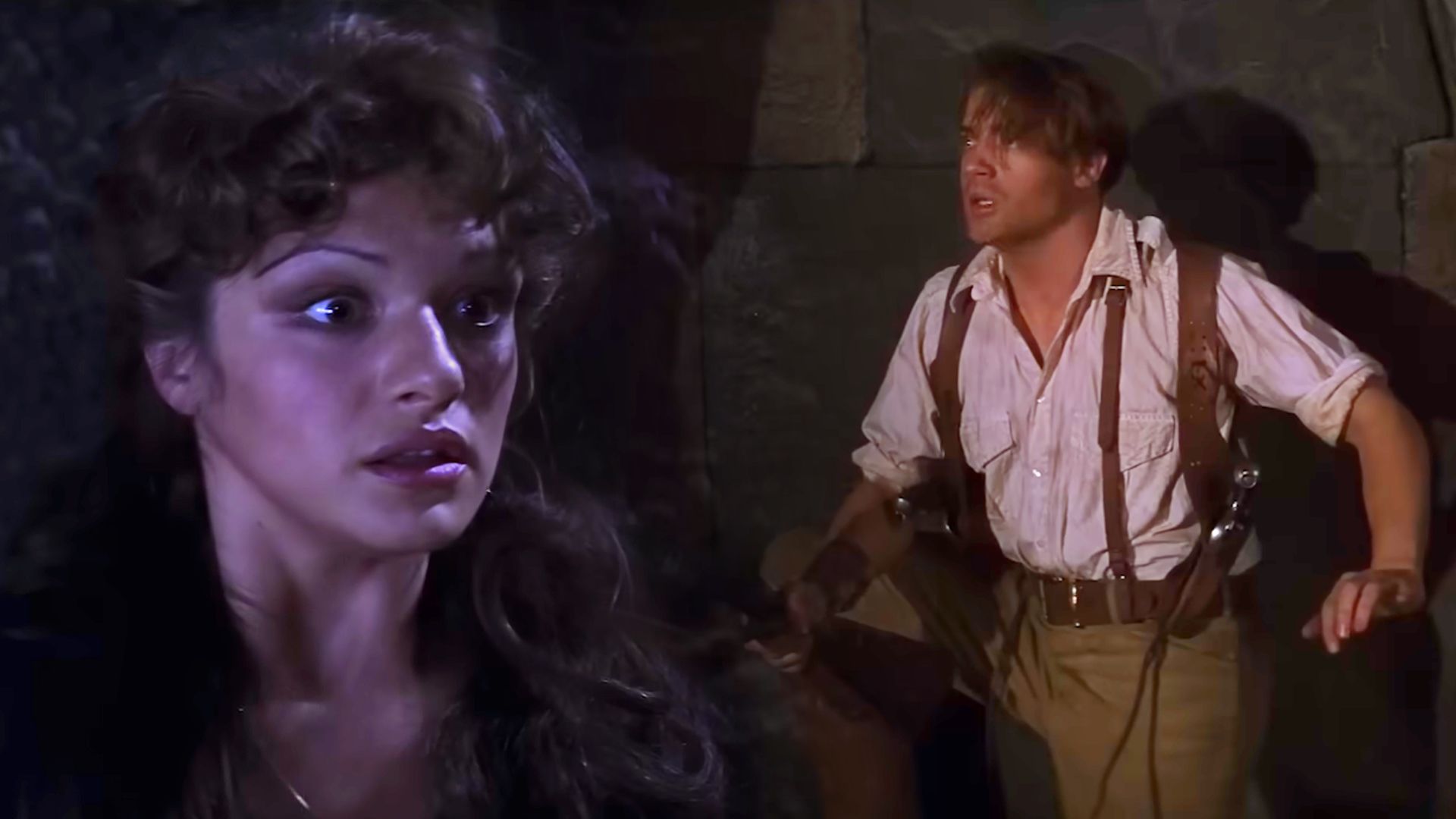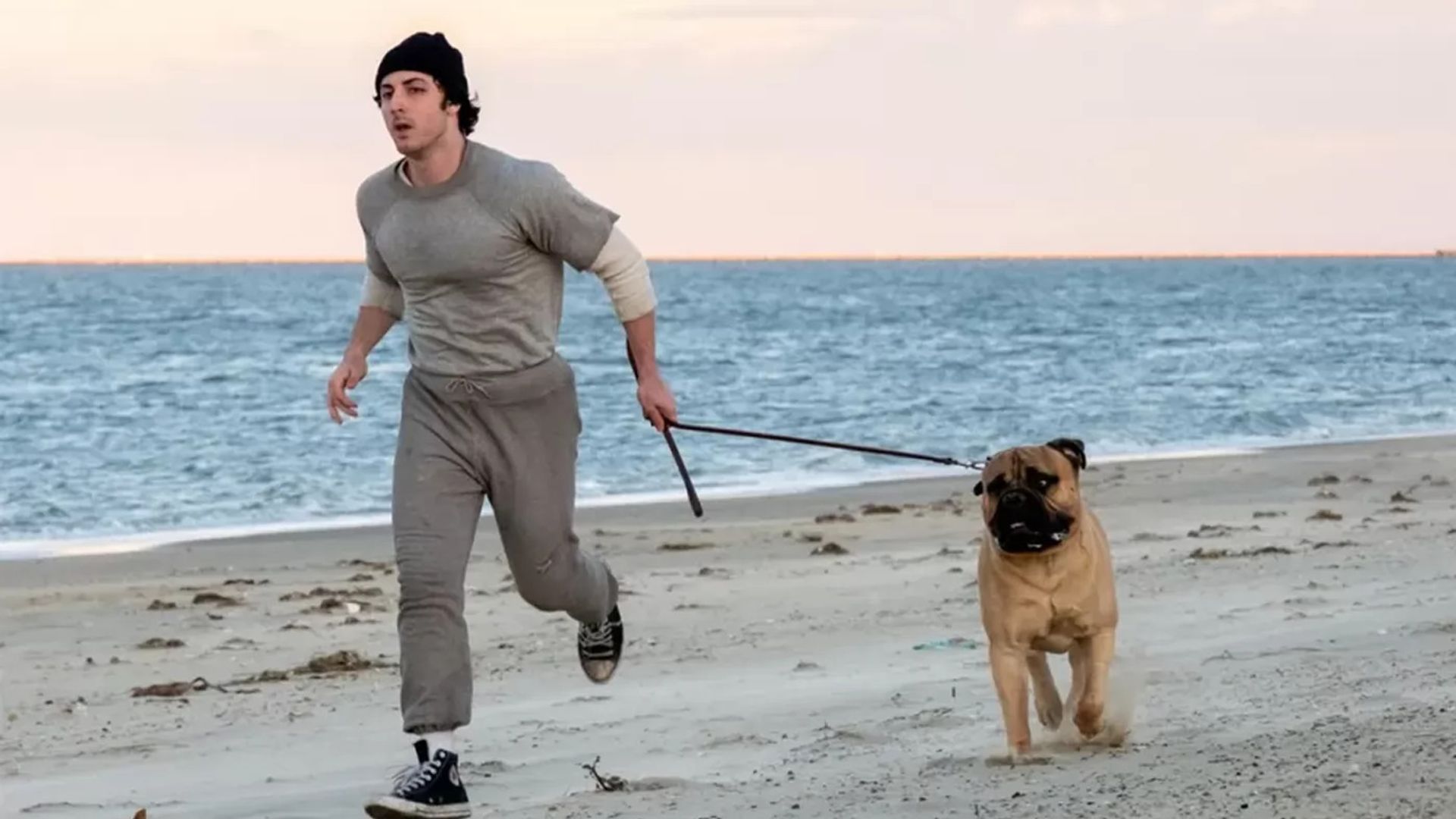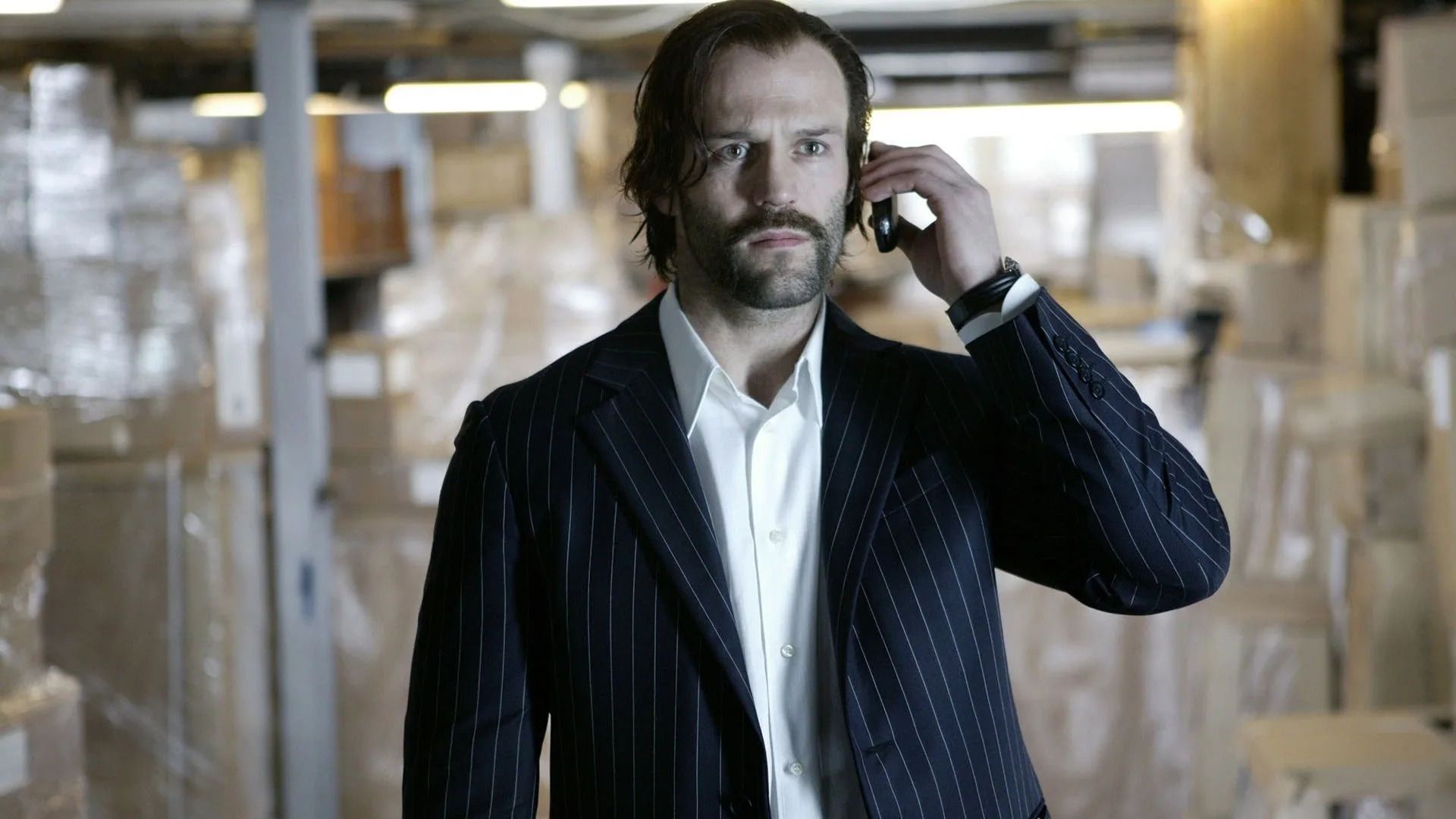This is exactly what happens to the hero of "The Last Samurai" (2003), an American epic that, despite all its "Hollywood additions," remains one of the most moving films about the collision of two cultures.
The story takes us to 1870s Japan — a time when imperial power is trying to break free from the past and step into the future. Western armies, railroads, Winchester rifles, and military uniforms instead of traditional armor — the country is changing, and it's changing fast.
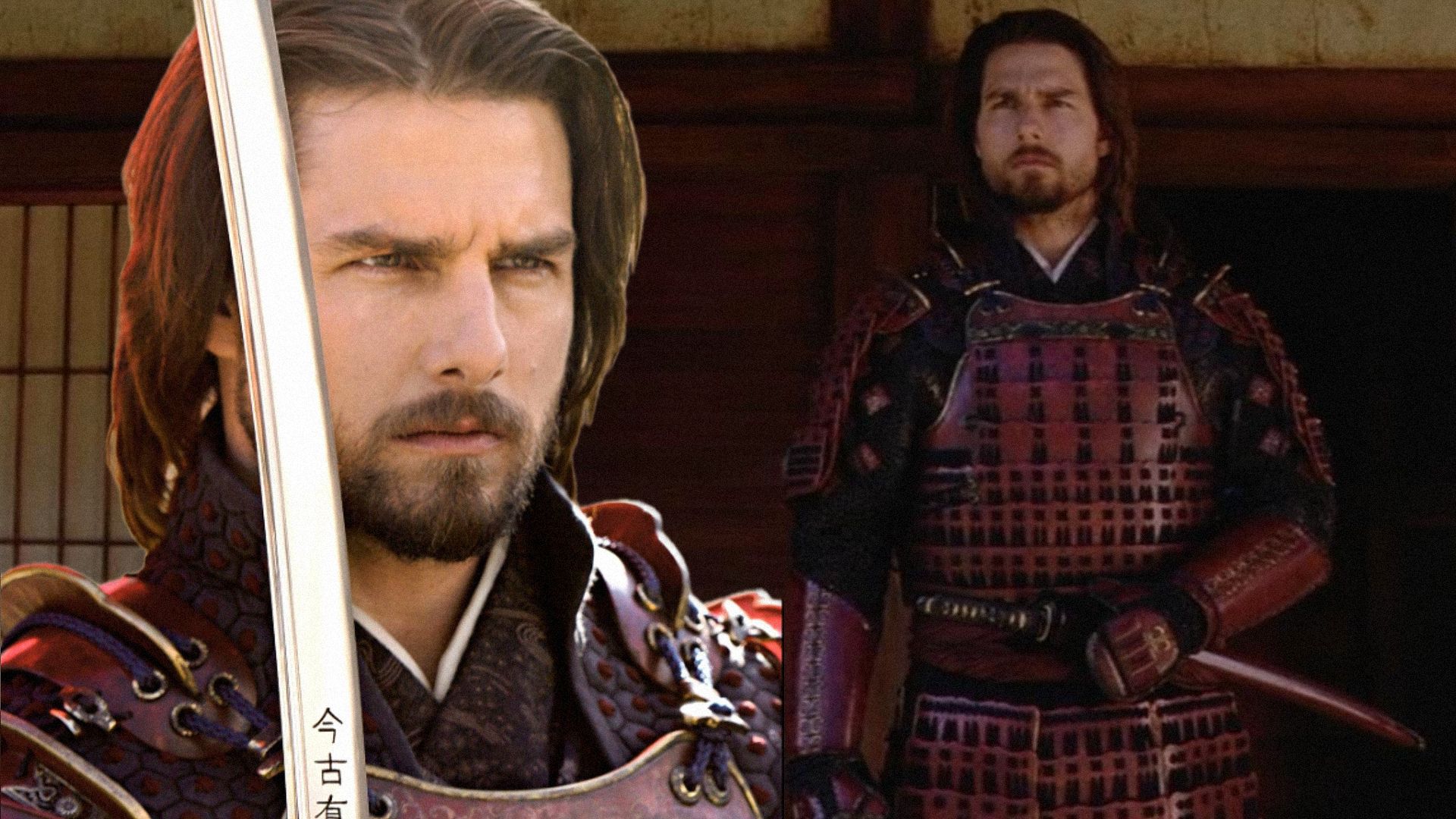
But everything changes when his army suffers a crushing defeat in their very first battle, and Algren finds himself captured... by the very samurai he was supposed to destroy.
Captivity turns out to be nothing like what the main character expected. Algren isn't kept in chains — instead, he's allowed to walk around, train with swords, and have conversations with the locals.
Algren begins to see his former enemies as people of honor. People for whom duty, dignity, and respect for the past matter more than political orders.
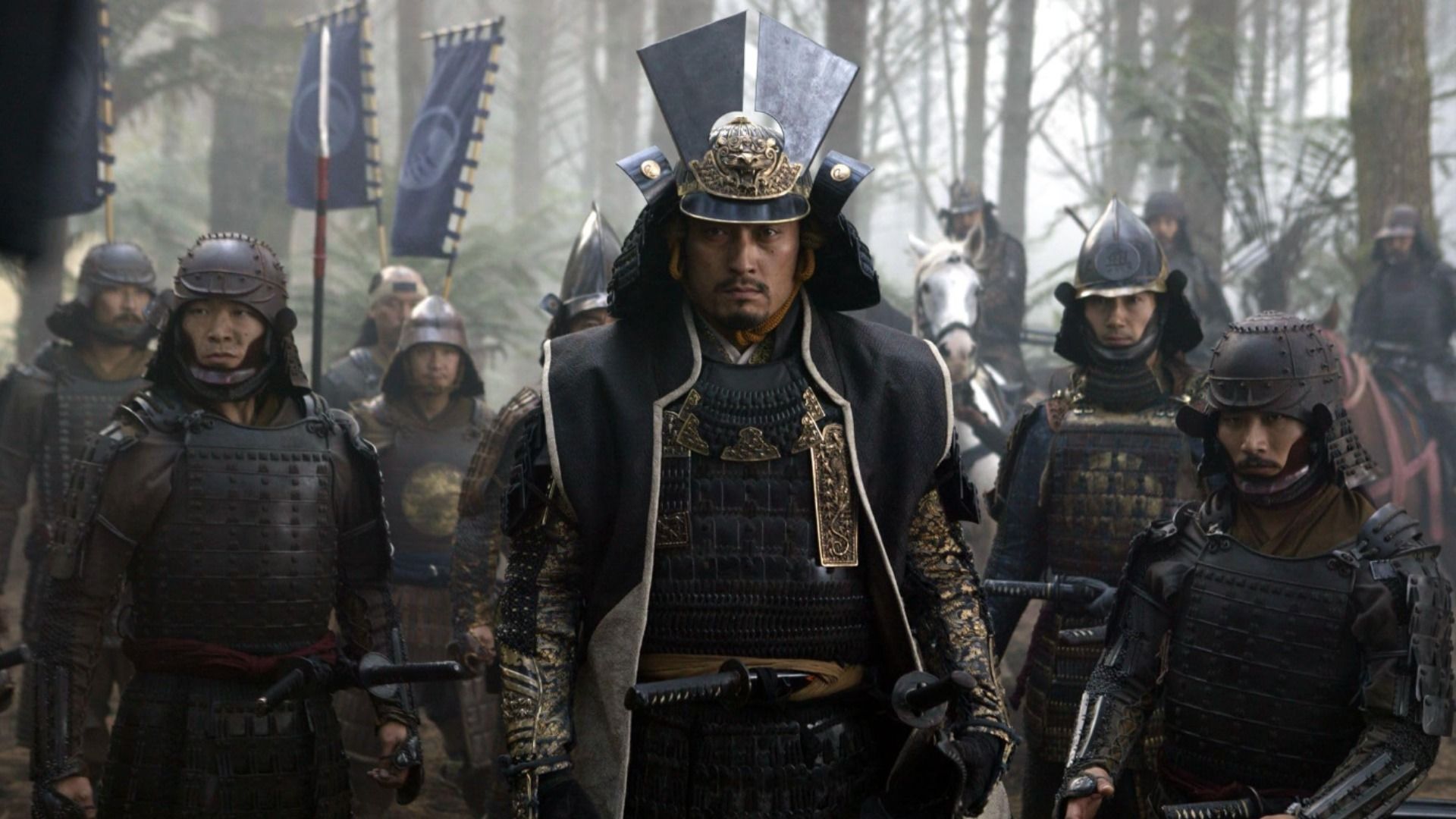
- One of Tom Cruise's best performances — restrained, felt, without his usual bombast
- Brilliant Ken Watanabe, who plays the samurai leader — wise, strong, and tragic
- Hans Zimmer's mesmerizing soundtrack that's impossible to forget after the final scene
- Real battle scenes — with live actors, horses, and swords, no CGI chaos
Personally, I think this Cruise performance is a must-watch at least once in your lifetime. I'm sure it'll impress many people even more than "Mission: Impossible."
"The Last Samurai" is a film about what's worth preserving, even when the familiar world is crumbling around you. And maybe it's in someone else's culture that we can find what was missing in our own. Earlier on zoomboola.com, we covered the film "There Will Be Blood" — one of Daniel Day-Lewis's most brutal roles (and best).




